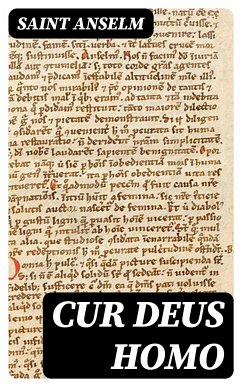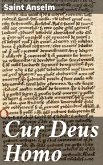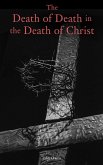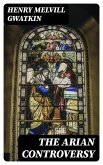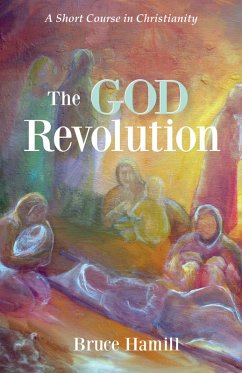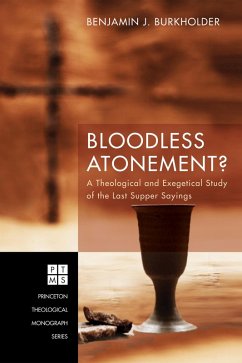In "Cur Deus Homo," Saint Anselm presents a profound theological exploration that seeks to answer the pivotal question of why God became human. This work intricately weaves philosophical reasoning with devotional fervor, employing a style characterized by rigorous dialectical methods typical of medieval scholasticism. Anselm's arguments stem from a commitment to rational inquiry, ultimately leading to a synthesis of faith and reason, and he addresses the nature of Christ's redemptive work with clarity and depth. The text reflects the intellectual climate of the 11th century, as it engages with contemporary theological debates and anticipates many of the doctrines that would later be central to Christian thought. Saint Anselm, an influential Benedictine monk and philosopher, served as the Archbishop of Canterbury and is often referred to as the father of Scholasticism. His life was marked by an unyielding quest for truth and a belief in the compatibility of faith and reason. Anselm's own experiences with the divine and his engagement with the works of earlier philosophers prompted him to articulate a compelling vision of the incarnation that remains foundational to Christian theology today. "Cur Deus Homo" is an essential read for anyone interested in Christian philosophy, theology, or the historical development of religious thought. It offers profound insights into the nature of God and humankind's relationship with the divine, making it a vital resource for students and scholars alike, as well as for anyone seeking to deepen their understanding of the complexities of faith.
Dieser Download kann aus rechtlichen Gründen nur mit Rechnungsadresse in A, B, BG, CY, CZ, D, DK, EW, E, FIN, F, GR, H, IRL, I, LT, L, LR, M, NL, PL, P, R, S, SLO, SK ausgeliefert werden.

